
This post was originally published on December 12, 2014.
If you need to find something of interest, your first port of call will be a search engine, of which there are a great many. Beyond the big boys – Google, Bing and Yahoo – lies a plethora of smaller engines - some of which are specialized - and many more that are just struggling for attention.
One of the smaller engines that has managed to gain some traction over the last few years is DuckDuckGo which markets itself as a search engine that doesn’t track its users.
Given the heightened awareness of personal online privacy generated by Edward Snowden’s leaks about government surveillance, that sounds like an incredibly enticing selling point.
So what exactly is DuckDuckGo?
The company was started on 29 October 2007 by Gabriel Weinberg who had recently sold The Names Database for $10m. In those pre-Penguin, pre-Panda days, he found Google search results less than inspiring, filled as they were with spam and over-optimized thin sites which seemed to offer little value to their visitors. The answer to his own search queries, he found, was to visit crowd sourced sites such as Wikipedia, and via word of mouth.
Together, these factors convinced him to start his own alternative. On 29 February 2008 Weinberg incorporated DuckDuckGo (the name comes from the traditional children’s game duck, duck, goose) and launched the search engine in September of the same year.
Six years ago surveillance wasn’t a hot topic of course so it is no surprise to learn that Weinberg’s initial motivation was to produce an engine that simply returned better results. However, beyond his dislike of spam, he also noticed how advertising tended to follow people around the web. Combined with a conversation he saw on Reddit, Weinberg decided to make a search engine that would not collect data and track its users and DuckDuckGo made the decision not to collect or share any user information from 22 January 2009.
But is the search engine any good I hear you ask.
That’s a good question and the answer largely depends on why you would consider using it.
If your primary motivation is to find an alternative to the big boys that returns great and relevant results then what you get could very well be a mixed bag. When searching for ‘mainstream’ topics, such as “BBC news” or “Edward Snowden”, for example, the returned results are fairly good and point to the most obvious sources. If, however, you are typing more specialized search queries into the engine then you will be served by results that are less relevant and reminiscent of the Google of a few years ago (we have seen a big improvement over the last year or two though).
Other areas that need further development are photo and video searches. For photos I found that looking for a named celebrity certainly produced accurate results but most of the images were very old and often not particularly focused upon any additional parameters applied to the search.
For video the results were generally more appealing but, interestingly, most were found on YouTube and, as DuckDuckGo says, “YouTube (owned by Google) does not let you watch videos anonymously. As such, watching YouTube videos here will be tracked by YouTube/Google,” which somewhat negates the whole point of using it for such searches in the first place.
On the other hand, if privacy and ad avoidance are your main concerns, DuckDuckGo certainly does provide a worthwhile service.
Considering how the engine does not use personal data and search history to influence future results, the end result is on a par with the bigger engines for the more common search terms. One area I especially like is the lack of location centric search results – it’s never been easier to search for foreign results – try doing that on Google.de if you aren’t resident in Germany or using a VPN.
The other major plus of course is the distinct lack of advertising – looking at a page of search results without seeing adverts completely filling the ‘above the fold’ portion of the screen is a very refreshing change indeed in this day and age.
Take the first step to protect yourself online. Try ExpressVPN risk-free.
Get ExpressVPN

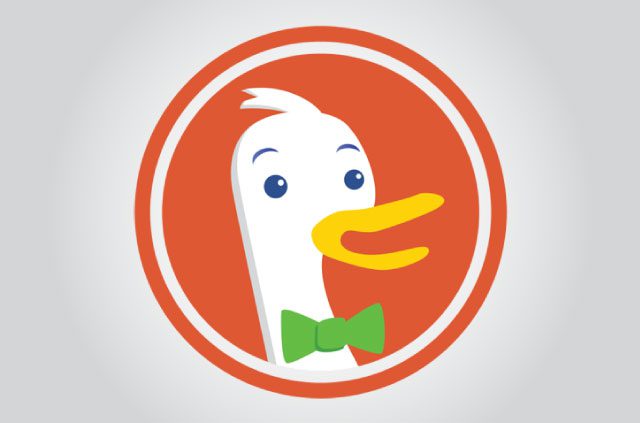
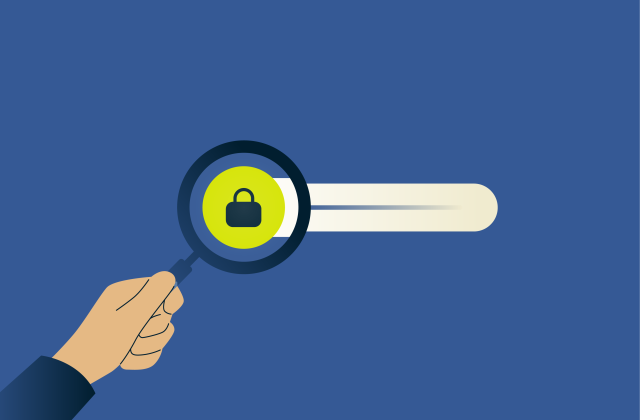

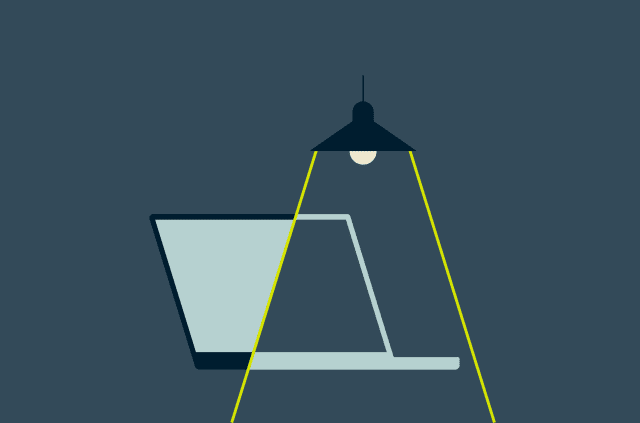
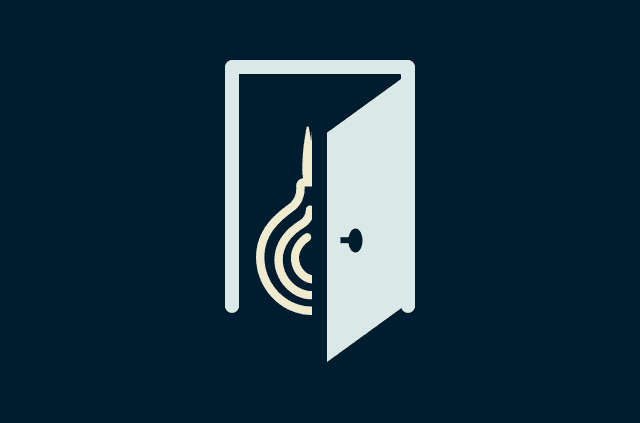
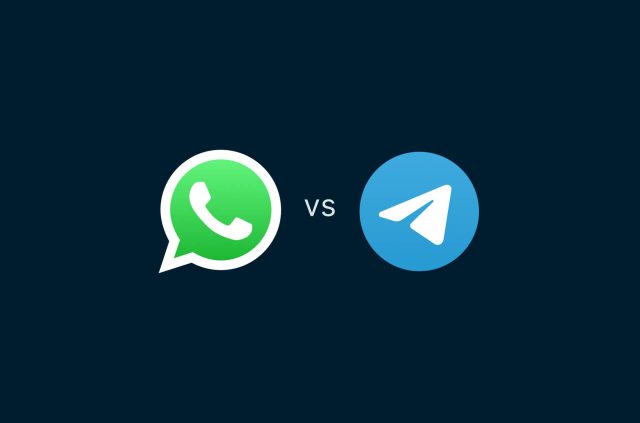

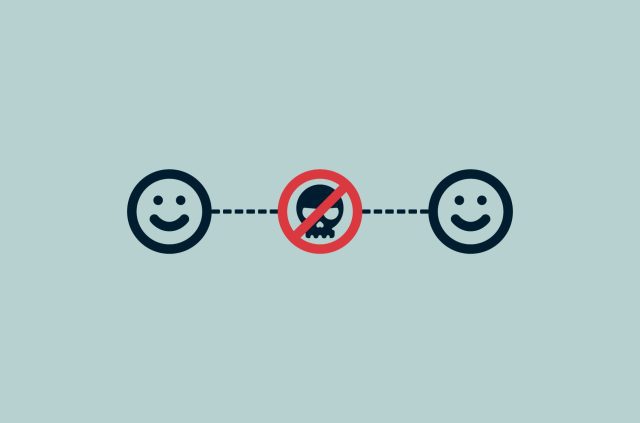
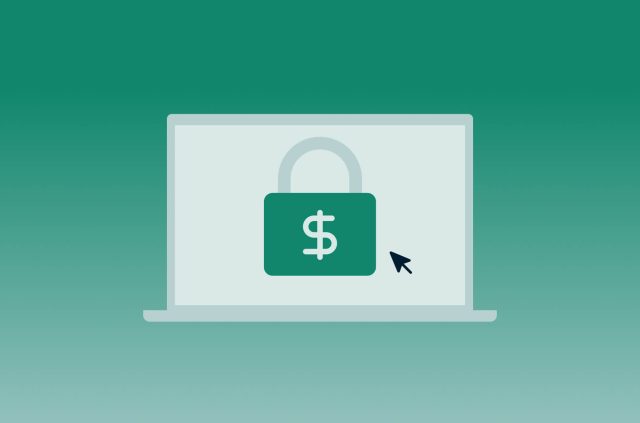
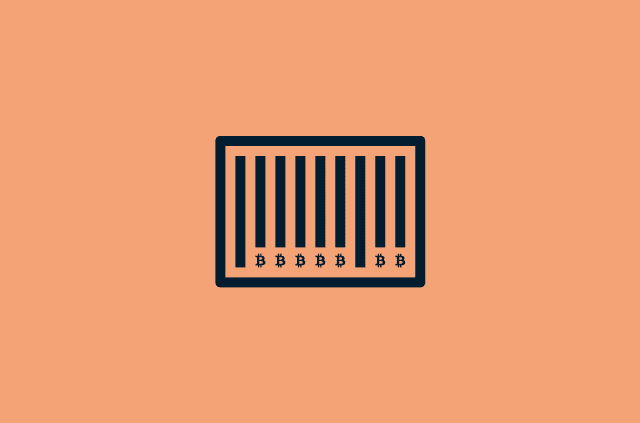





Comments
I love DuckDuckGo!
Would like to get your take on SmartPage. It's what I use. I trialed DuckDuckGo vs. SmartPage for some time and found SP to be a better choice because the search results are fuller than those of DDG (a point you make about more focused searches). SmartPage simply strips your IP Address of the search request, send the search to Google, then gives the search results back to you.
It is easy to operate and no advertisement which really makes me to work efficiently without getting distracted..................I love duck duck go!